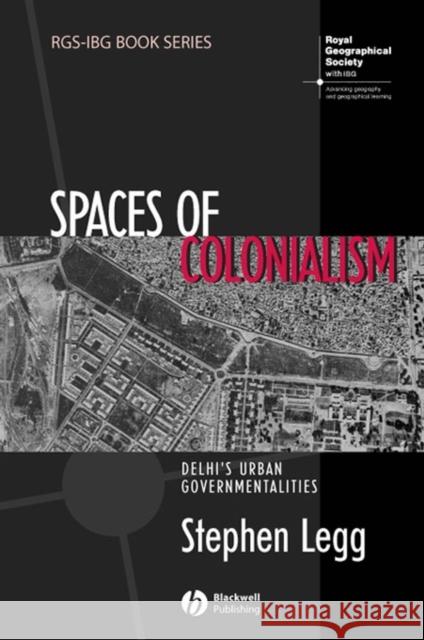Spaces of Colonialism: Delhi's Urban Governmentalities » książka
topmenu
Spaces of Colonialism: Delhi's Urban Governmentalities
ISBN-13: 9781405156332 / Angielski / Twarda / 2007 / 272 str.
Spaces of Colonialism: Delhi's Urban Governmentalities
ISBN-13: 9781405156332 / Angielski / Twarda / 2007 / 272 str.
cena 306,81
(netto: 292,20 VAT: 5%)
Najniższa cena z 30 dni: 305,55
(netto: 292,20 VAT: 5%)
Najniższa cena z 30 dni: 305,55
Termin realizacji zamówienia:
ok. 30 dni roboczych.
ok. 30 dni roboczych.
Darmowa dostawa!
Examines the residential, policed, and infrastructural landscapes of New and Old Delhi under British Rule.
- The first book of its kind to present a comparative history of New and Old Delhi
- Draws on the governmentality theories and methodologies presented in Michel Foucault's lecture courses
- Looks at problems of social and racial segregation, the policing of the cities, and biopolitical needs in urban settings
- Undertakes a critique of colonial governmentality on the basis of the lived spaces of everyday life











